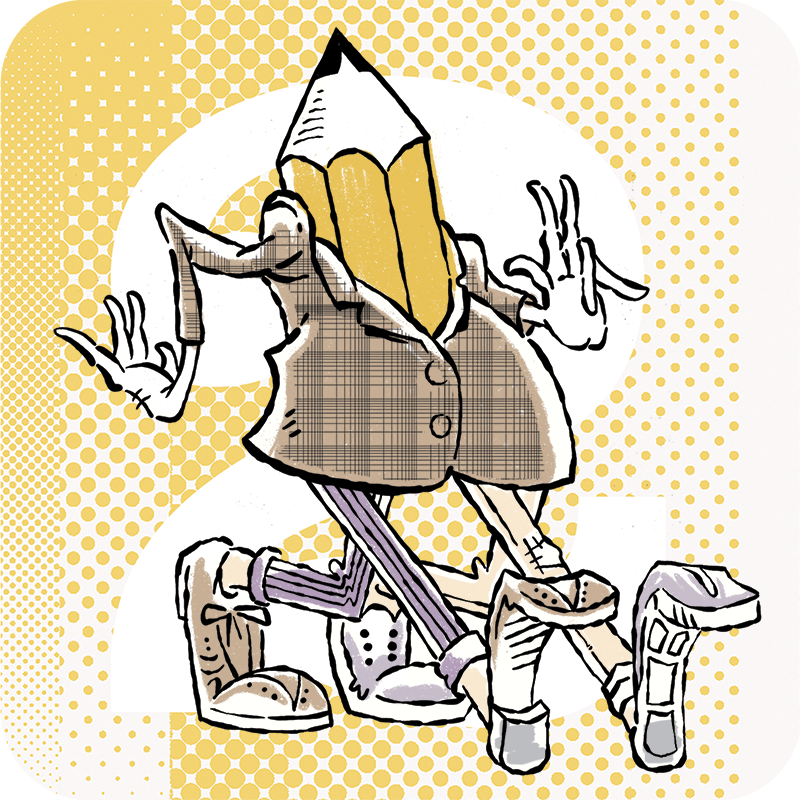A Couple of Greek Characters Walk Into a Bar
Without a doubt, the Greek smarty-pants and party boi Dionysus and his chum the satyr would say that parody and satire – just like wine – are also gifts of the gods. And just like wine, a healthy dose of parody and satire is needed more than ever right now.
Drop into any of our podcast episodes and you’ll quickly find we love satire and parody. Not because we’re especially good at it – hardly fair for us to have both movie-star looks (or at least podcast-ready looks) and LMFAO talent. It’s because we believe it requires ninja-level creative intelligence to make yourself humorous while giving others a back-handed salute. (Wait… They’re laughing at you AND themselves?!) The message sinks in more if you say it without saying it.
Great art is born from great tension. There’s little argument the 1970s were a tense time in the world and that era gave us six of the top ten best-selling albums of all time. In fact, five of them were released in just the three year period of 1976 through 1978. For anyone born after, say, 1995, you’re just going to have to take our word for it.
Not only music thrived. So did the magazines MAD and National Lampoon, a tilt of consumerism’s windmills with Wacky Packages and the observational sketch comedy of Saturday Night Live. Clearly, the arts were benefiting from the hangover of the post-Watergate years. The arts in general – and parody specifically – are a way for us to keep our cynicism in check with a good “Chortle.” Or “Shtoink.” Or “Blort.” Or any other Don Martin sound you prefer that makes you laugh enough you don’t start to cry.
Parody allows creatives to criticize and question without being aggressive or malicious. Comedy “takes the piss” (with apologies to our cousins in the UK) out of something that might be getting a little too big for its britches. Don’t get us wrong, there’s also a place for serious criticism through art as well. Unfortunately, that can be complicated, tired, boring and often leaving the audience with a “huh?”. Parody draws in an audience with an entertaining zinger on serious issues. It mines a common language. A zeitgeist (with more apologies for our German friends). When done right, parody conveys a biting message with the wisdom of a fool.
Parody also comes from a place of love. When done well it’s just a touch painful. Not because it’s insulting, but because it holds up a mirror and reminds us of the very things that are goofy about what we love anyway. And to make that happen, the source of the parody must intuitively understand why other people buy, eat, read, listen to, drive, wear or use the very thing that can be...should be...MUST be lampooned.
And parody needs to be unrestrained to succeed. MAD carried no advertising, freeing its gags from any conflicts of interest. Topps (the home of both Wacky Packages and Garbage Pail Kids) kept a running list of cease and desist letters they collected after they poked fun at products. (You can learn more about that on our episode “Wacky Garbage.”)
So, give thanks to Dionysus and his friend Satyr for giving us comedy, critique and alcohol. This podcast wouldn’t exist without them.
